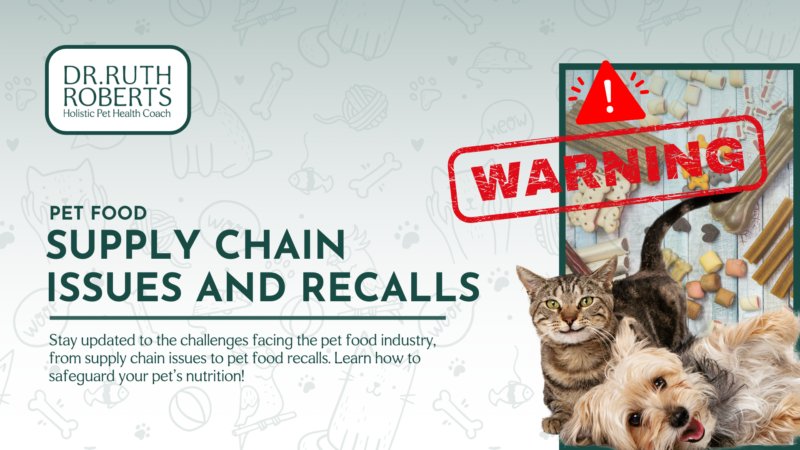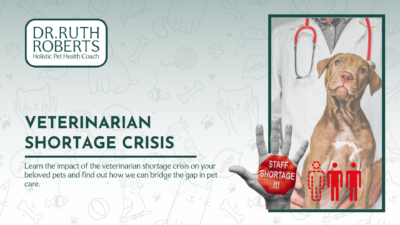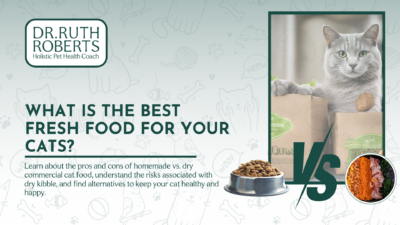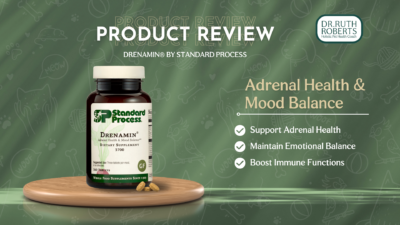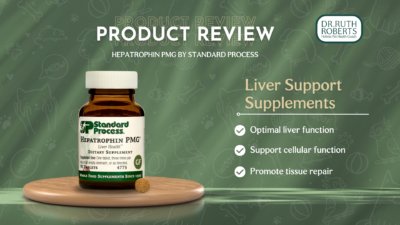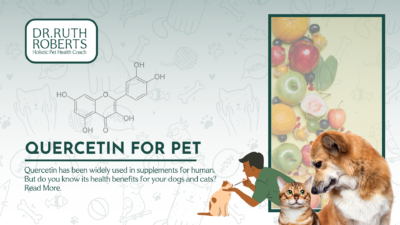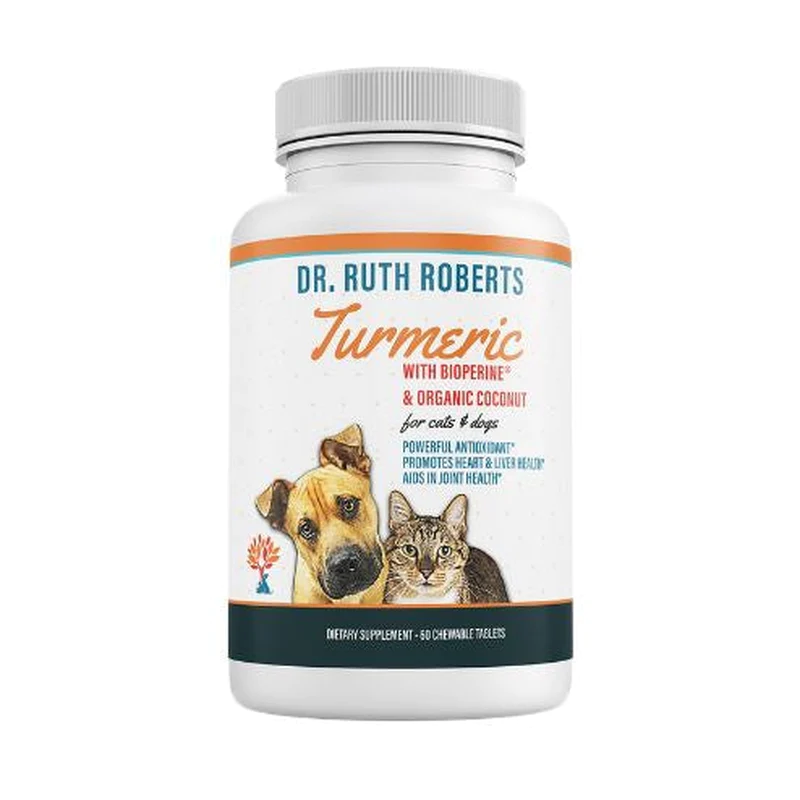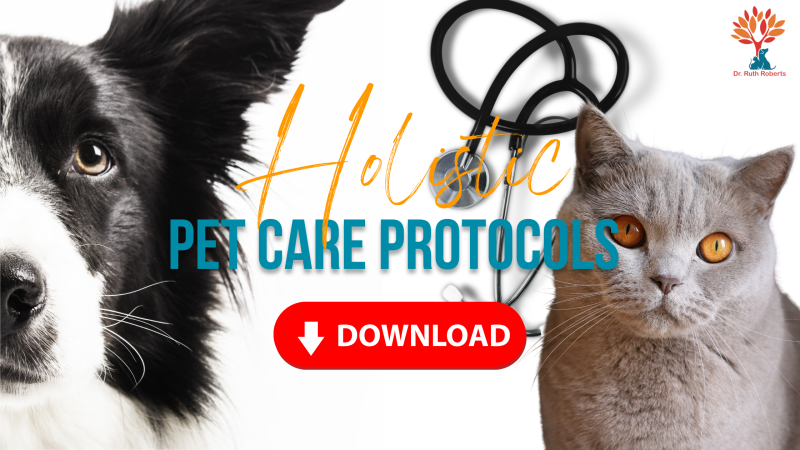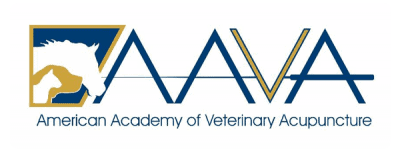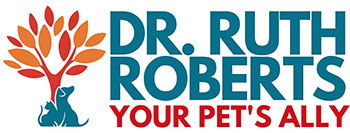Pet Food Supply Chain Issues and Recalls
Pet food supply chain issues have emerged as a pressing concern for pet owners and animal advocates in recent times. These challenges have cast a shadow over the industry, prompting a closer look at the way our pets’ nutrition is sourced and produced. Moreover, frequent pet food recalls have an extra layer of pressing concerns surrounding pet nutrition. These recalls, often due to contamination or safety concerns. This is why it’s important to understand where our pets’ food comes from and how it’s processed.
This blog meant to reveal critical challenges faced by the pet food industry and offers actionable steps for you to safeguard your pets’ health. You will also learn how to safeguard your pets and ensure they receive the highest quality nutrition.
Pet Food Supply Chain Issues and Inflation
In recent years, the pet food industry has been marred by several controversies. It raised significant concerns among pet owners, veterinarians, and animal welfare advocates. These controversies span a range of issues. From pet food supply chain disruptions to pet food recalls and sustainability concerns. Let’s dive in to each issues.
Pet Food Inflation
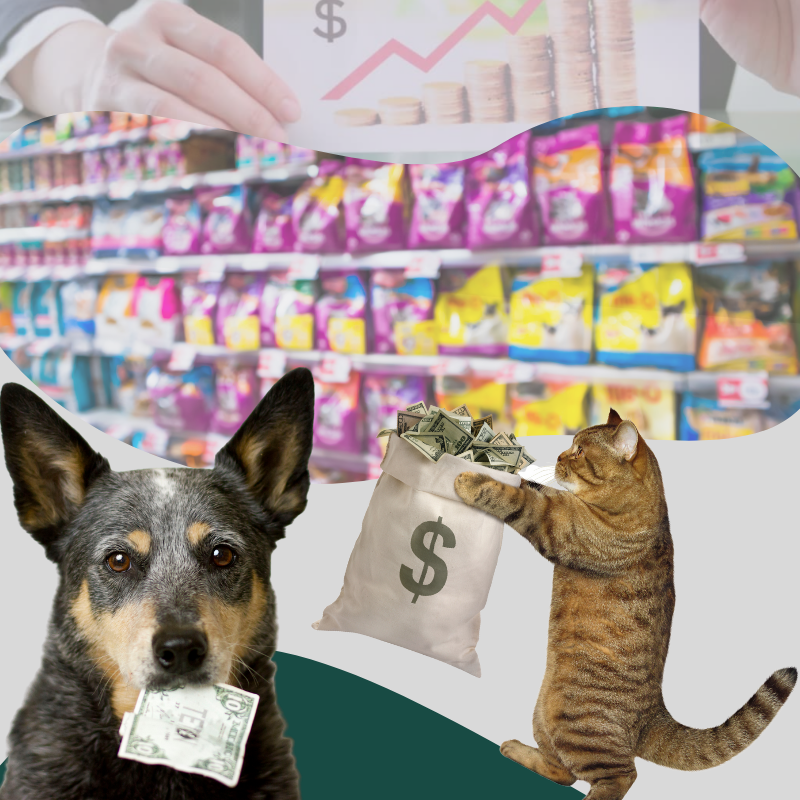
Pet owners are feeling the pinch of rising inflation, with the costs of cat and dog food experiencing a significant surge. This trend is part of a broader increase in food prices across high street stores and discounters. According to a recent study, the price of dog food (dry and wet) has increased by 45.5% compared to 2020. This comes out to an annual increase of approximately 15% per year since 2020. It’s 3 times higher than the usual annual price increase of 5% on average.
The wet dog food product from PEDIGREE experienced the highest percentage increase in price compared to 2020, rising by a substantial 207%.
In terms of dollar amount, the dry dog food product by Royal Canin saw the most significant increase. Now costing $43.99 more per bag than it did in 2020. The surge in prices is driven by several interrelated factors. These include disruptions in the supply chain due to the Covid-19 pandemic, a substantial increase in consumer demand, and critical shortages of key ingredients, particularly in the meat-based segment.
Increasing Demand for Pet Food
Over the past few years, the pet population in the United States has shown gradual growth, reaching 191.3 million in 2023, with an annualized increase of 0.9%. This trend can be attributed to factors like economic recovery, larger household spaces, and improved disposable income levels. Pet adoption rates have experienced fluctuations, with significant growth in 2012 and 2013. Then followed by declines in 2014 and 2015. This trend reversed in 2016 and 2017, aligning with improved economic conditions.
The COVID-19 pandemic had a notable impact on pet adoptions. With more people at home, there was an uptick in pet adoptions. Resulting in a 3.9% increase in pet numbers in 2020. The sustained increase in pet adoption rates, the demand for pet food skyrocketed. Pet owners, now more attuned to their pets’ health and well-being, seeking high-quality and specialized pet food products.
Pet Food Supply and Protein Scarcity
The growing demand for both pet food and human food presents a significant challenge in terms of sourcing animal protein. With a substantial increase in the pet population in recent years, the production of pet food has seen a remarkable surge to meet this rising demand. However, this surge in production has underscored a critical issue. The pet food industry’s ever-increasing need for raw materials, especially animal protein.
The Pet Food Institute specifically addressed these supply chain issues in a statement to the USDA. They highlighted that the pandemic has placed significant financial burdens on U.S. pet food makers while also restricting their access to key ingredients. Quoting from the statement, they noted, “The disruptions to human food production, beginning in March 2020, quickly led to the reduced availability or unavailability of plant- and animal-origin ingredients that pet food makers require to make a variety of safe, nutritious pet food products.”
Animal protein is a crucial component of pet food, as it provides essential nutrients that support the health and well-being of our beloved pets. This protein source, derived from various animal byproducts, is a valuable resource in the production of pet food. However, it’s important to recognize that this resource is finite and must also be shared with the human population. As the pet and human population continues to grow and the demand for meat-based products increases, the competition for animal protein becomes more intense.
Pet Food Recalls: Salmonella Contamination
As devoted pet owners, we go above and beyond to provide our beloved furry friends with the very best. Amidst all the love and care, we often overlook the unsettling reality of frequent pet food recalls that seem to pop up almost every month.
You might be saying, “I only feed my cherished pet the crème de la crème of pet food brands”, “I’m willing to pay for premium pet foods”. But unfortunately, pet food recalls aren’t limited to budget options. It can affect even the seemingly premium and trusted brands.
The recent announcement from Mid America Pet Food, regarding the voluntary recall of one lot of Victor Super Premium Dog Food, Hi-Pro Plus, highlights the critical issue of pet food contamination within the industry. This recall was initiated due to the potential contamination of the product with Salmonella, a bacterium known to affect both animals and humans.
August 23rd, Inmar Supply Chain Solutions, LLC issued an immediate recall of FDA regulated products stored in their Arlington, Texas facility between May 1, 2022, and June 30, 2023. This recall was prompted by a potential pest control issue at the facility and exposure to high temperatures, exceeding recommended storage conditions. While the company has not received any customer complaints or adverse events related to this recall, there is a significant risk associated with the potential presence of Salmonella due to rodent hazards.
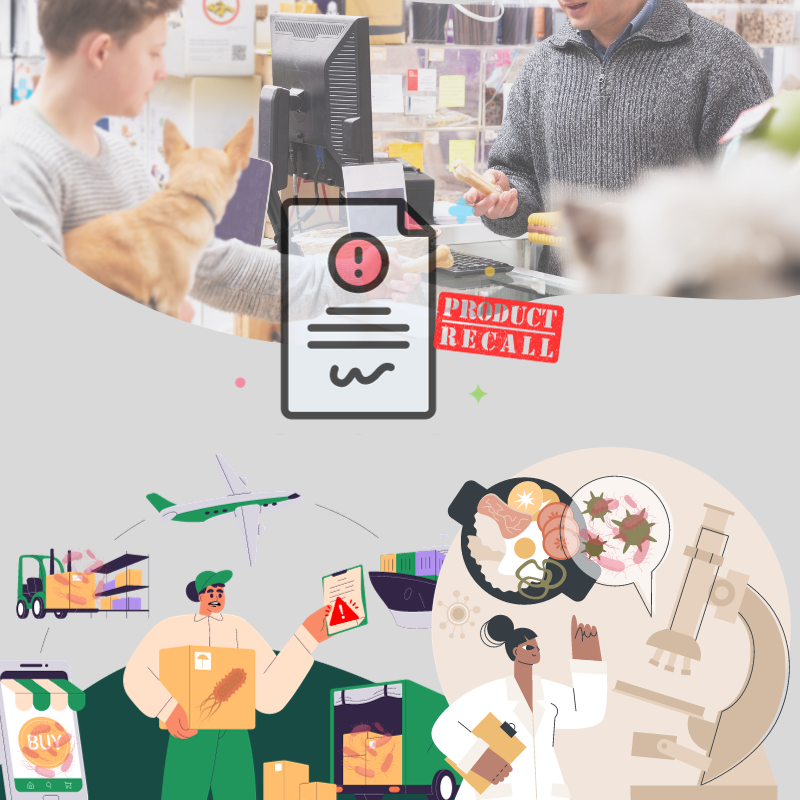
Salmonella contamination in pet food can lead to severe health risks for pets and even pose a threat to humans. Pets infected with Salmonella may exhibit symptoms such as lethargy, diarrhea (sometimes bloody), fever, and vomiting. Some pets may only display decreased appetite, fever, or abdominal pain. It’s worth noting that even seemingly healthy pets can become carriers and potentially infect other animals or humans.
How to Safeguarding Your Pet's Nutrition
With the pet food industry facing its share of challenges and concerns, it’s natural to be concerned about the nutrition and well-being of your pet. However, rest assured that there are proactive steps you can take to safeguard your furry companion. Let’s explore some actionable steps you can implement to make a positive impact on your pet’s well-being:
Diversify Your Pet's Diet
Offer a balanced diet that includes a variety of proteins, both from animal and plant sources. This solution can help mitigate the impact of supply chain disruptions in pet food. Here’s why:
- Diverse Sourcing Options: By including both animal and plant-based proteins in your pet’s diet, you expand the range of available ingredients. This diversity allows you to draw from a broader pool of suppliers, reducing the risk of relying heavily on a single source that may be affected by a disruption.
- Flexibility in Ingredient Availability: During supply chain disruptions, certain ingredients may become temporarily unavailable or face delays. Relying solely on specific ingredients, especially if they are in high demand or susceptible to supply chain issues, can put your pet’s nutrition at risk. A balanced diet with diverse protein sources makes your pet’s meals less susceptible to shortages or delays. A varied diet enables you to adapt and substitute ingredients as needed, ensuring that your pet’s nutritional needs continue to be met.
- Enhanced Nutritional Resilience: A diverse diet provides a wider spectrum of essential nutrients. This nutritional resilience helps safeguard your pet’s health even if specific ingredients are temporarily unavailable due to supply chain disruptions.
Consider Homemade Food Options
Explore the possibility of preparing homemade pet food using trusted recipes. This offers a valuable alternative, particularly in sidestepping concerns related to pet food recalls. Here’s why:
- Control Over Ingredients: When you prepare pet food at home, you have complete control over the ingredients. You choose each component, ensuring their quality and safety. This minimizes the risk of exposure to recalled or contaminated ingredients.
- Transparency: Homemade pet food offers full transparency. You know exactly what goes into your pet’s meals, eliminating any doubts about hidden or undisclosed ingredients that may trigger recalls in commercial products.
- Tailored Nutrition: Homemade pet food allows you to tailor your pet’s diet to their specific needs. If your pet has allergies or dietary restrictions, you can select ingredients that suit them perfectly without worrying about recalls affecting specialized commercial diets.
- Freshness: Homemade pet food is typically prepared in smaller batches, ensuring freshness and reducing the chances of spoilage or contamination that can sometimes occur with mass-produced pet foods.
By making your pet’s food, you can bypass the potential risks associated with commercial products that might be subject to recalls. Homemade meals provide a safe and reliable alternative.
Research and Support Ethical Brands
For busy pet parents who may not have the time to prepare homemade food, there are alternative options available. It is advisable to seek out pet food companies that prioritize transparency, ethical sourcing, and sustainable practices. This ensures that the pet food you choose meet the specific nutritional requirements for you pet.Furthermore, be sure to read labels thoroughly when selecting pet food.
As mentioned earlier, it’s important to note that no brand is immune to pet food recalls. Staying updated on food recall announcements by the FDA is crucial. Additionally, it is imperative to keep a close watch on your pet’s behavior and overall health, especially when introducing a new type of food. Look for any signs of discomfort, allergies, or adverse reactions. This attentive approach enables you to make necessary adjustments promptly, ensuring your pet’s well-being is prioritized at all times.
Monitor and Consult With Your Holistic Pet Health Coach or a Vet
Your veterinarian or a Holistic Pet Health Coach can be a valuable resource when it comes to your pet’s nutrition. Consult with a Holistic Pet Health Coach for suitable alternatives or supplements with them can provide tailored solutions to ensure your pet receives all the necessary nutrients. A Vet can offer expert advice based on your pet’s specific health requirements.
By adopting these practices, you play an active role in safeguarding your pet’s health and well-being in the face of challenges within the pet food industry. Your dedication to their nutrition and overall care makes a significant difference in ensuring they lead a happy, healthy life.

